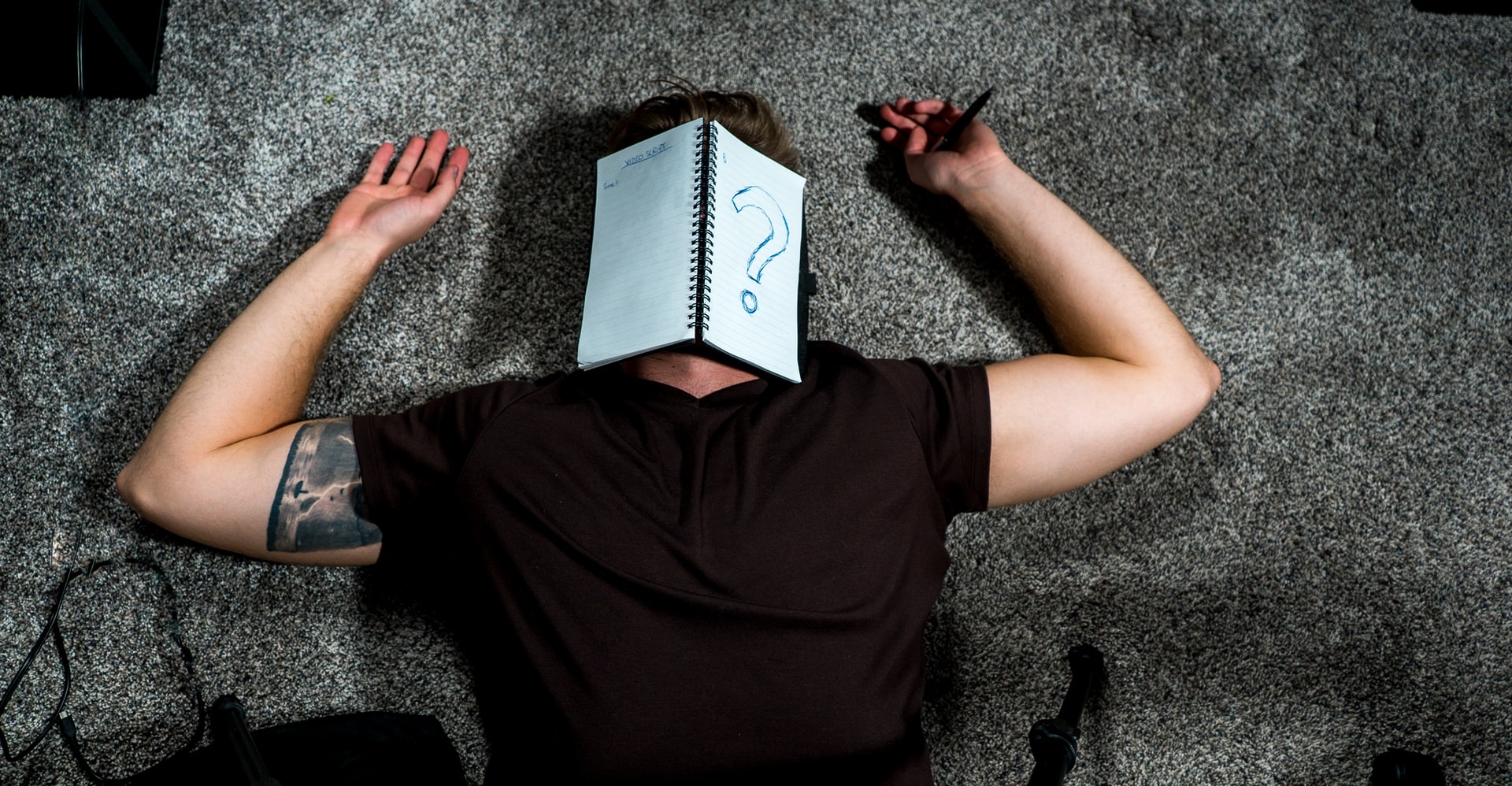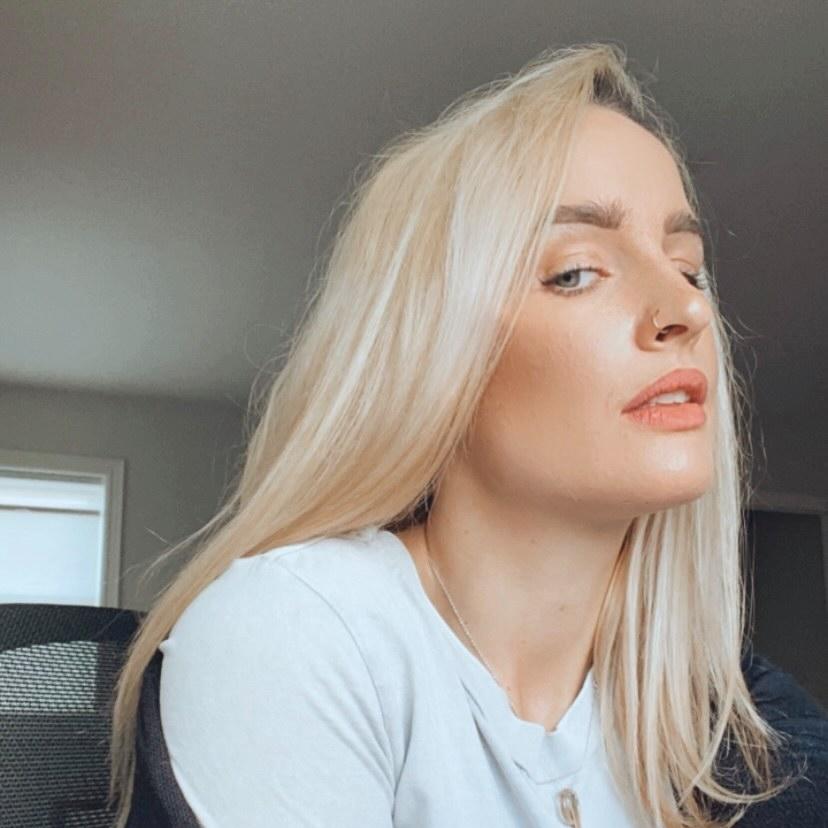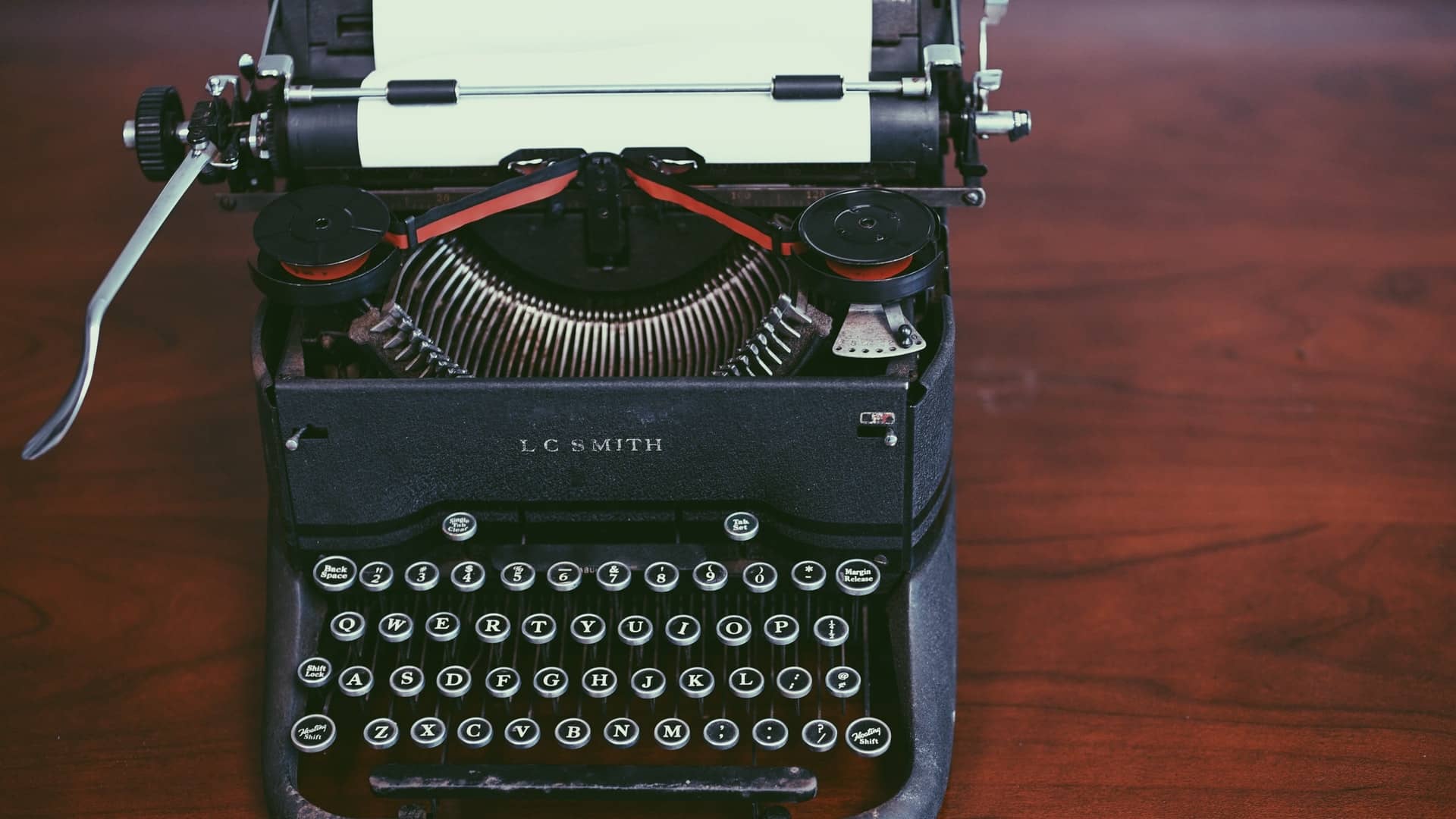

How to get rid of writer's block
1. Careful what you call it
I always hear people say they have 'writer's block'. I have been writing poetry consistently for almost four years now and I can't say I've ever experienced it. Not in the way that other people have, or mean when they say it, anyway. Do I have periods of time where I write less? Sure! But I don't label it or complain about it, in my head or to anyone else. And I think this is part of the reason I do not struggle. I've never worried about those periods of time where I wrote less. I know from my own experience that those phases pass, and are not something to worry about. I always write again.
Maybe some people really do struggle with some sort of mental blockage for months on end - and if that happens and it feels uncomfortable, I feel for those people. I would recommend not labelling it, for one, and having some faith in your own ability as a writer. If you can do it this is one sure way to get rid of writer's block.
Phases with less writing are normal, and should not be viewed as negative. As you'll learn from this post, there are many actions a writer can take if they do experience the writer's block and it bothers them, but not letting it bother you seems like a good start to me.
2. Revisit your old work
If I ever did feel like I hadn't written anything groundbreaking in a while, I would revisit my old work. Specifically, not just reading it, but actually rewriting it by hand in a notebook. For me, this worked some sort of magic, getting my brain to 'think in poetry' again. Sometimes my brain is in poetry mode, and sometimes it's not. This was one way I discovered I am able to get it to change lanes and 'activate' poetry mode, and I've used it successfully many times. I have also started making visual representations of my poetry, in the form of collage art. This gives me a new way to interact with my existing art, and gets the creative juices flowing as well.
Think about some ways you can revisit and reimage your existing body of work. You can copy it by hand to simply reconnect, try rewriting it and see if you like it better, or on the opposite end of the spectrum, try recreating it in different mediums. We should feel safe to explore and play, fail, and find happy surprises in doing so. I have created some really interesting songs and collages that I really loved, just because I decided to sit down and do the work.
3. Get out of your head (and the house)
If you haven't felt like writing in a while, I'd recommend exploring a new place. Or taking a long walk down a slightly different route than normal. Go to a gallery or see a film outside your normal genre. We need to give our brains fuel for creativity, and shake things up. It creates new neural pathways and helps us get rid of the same recurring negative mentality that haunts us every day.
This is best supported and explained by an article from Fast Company: "Perception and imagination are linked because the brain uses the same neural circuits for both functions. Imagination is like running perception in reverse. In order to think creatively, you must develop new neural pathways and break out of the cycle of experience-dependent categorization. You need a novel stimulus, such as a new piece of information or an unfamiliar environment, to jolt the attentional systems awake. The more radical the change, the greater the likelihood of fresh insights." (Source)
4. Meditate
I started meditating at the end of 2016, and since then, I have been writing poetry and lyrics steadily and without much pause. I honestly feel like something changed in my own brain chemistry on the day of my first meditation, which as I later discovered, was quite a special experience. It felt afterwards like an eternal tap of creativity had been turned on, and I can tell you that it has never really stopped. I was changed that day. I had been exploring Buddhism and reading about mindfulness and meditation around that time, so I had already started to purposefully try to become more open-minded. I had been feeling unrest within myself too though, and I felt driven to sit down and meditate for the first time ever that Sunday.
I sat on my bed, with a candle lit on the windowsill and made sure I was very comfortable. I focused on sitting very still, and relaxing my entire body. This is an alternative to focusing on breath, if you find that doesn't work for you. You'll find your breath actually takes care of itself anyway, with this approach. Soon, I felt my perceptions of the room changing. Although my eyes were closed, I didn't feel like I was in the room anymore. I felt my body slowly disintegrate, and felt only my consciousness floating where my head should be. The space around me expanded, and was dark, but beautiful, like a galaxy of pureness. Like I was IN the source. I could hear my own thoughts, but they were very far away compared to normal, and they didn't bother me. They existed, and so did I - but we were separate. I remember thinking, wow - if anyone walks in the room right now, I don't know if I'll even be able to move right now! It was as if I was in a beautiful, miraculous trance.
The experience itself was something I learned to not chase after to get again - we should meditate for the sake of it, not to regain a particular experience or feeling. But in a way it did give me a bar to shoot for with future meditations, as long as I didn't hold onto it too tightly. There's also research that shows that meditation can stimulate creativity. An article on Mindful.org cites some of these studies, mentioning that "meditation increases cognitive flexibility and reduces cognitive rigidity which are critical to the creative process". The article also says that "the ability to observe is closely related to openness to experience, a personality trait that several studies have shown to be one of the most robust indicators of creative success."
This also relates back to being open when you're experimenting with your art in different ways, because I believe that this kind of patience and openness is how we uncover our greatest works. Don't be afraid to create a bunch of things you don't like at first - that's a much better rite of passage to adhere to than being able to say you had writer's block. People don't care that you had it - they care how you got rid of your writer's block.
5. Read more
When I'm in a period of less writing, I take the opportunity to catch up on reading. I always have a stack of poetry books I still need to read (because I literally cannot stop ordering them), and I read as widely as I can to keep my mind open, curious and inspired. A couple of books I started years ago and need to finish are Master and Margarita by Mikhail Bulgakov and Nausea by Jean-Paul Sartre. I found them to be difficult to read, but their topics are fascinating - surrealist and existentialist. Those are the themes of my art and writing. I'm highly challenged by these texts, and I learn so much by reading as widely as possible.
I purchased a thick collection of poems by nobel prize winning poet Louise Gluck recently and I'm terrified of it. I call it (for want of a better phase) high brow poetry because I read a few and they went over my head. I didn't understand what was so wonderful about them. The poems are from across her collection from between 1962 - 2012 and the book has over 600 pages (!!), so clearly the woman is prolific, and she won a nobel prize. I need to discover what's so wonderful about her writing and I'm willing to do it. I'm sure I will learn something about myself in the process too.


Comments